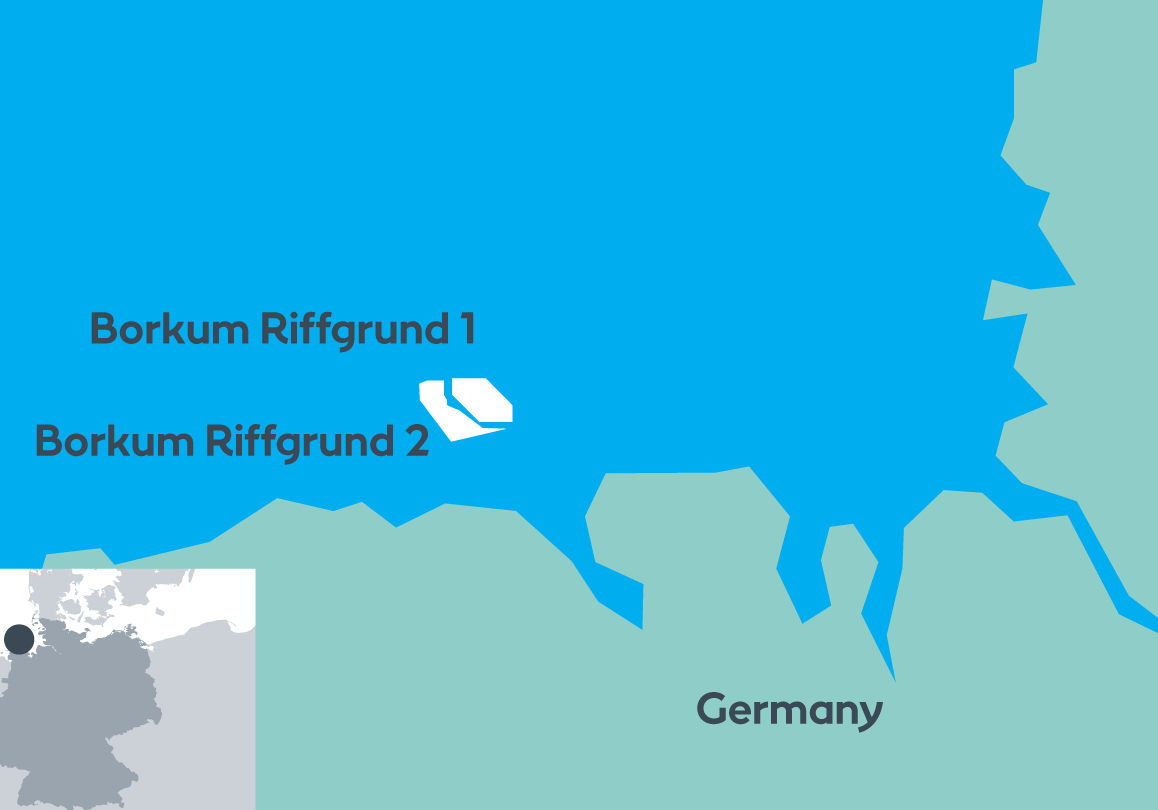A German first for offshore wind

For the first time, offshore wind energy in Germany is being used to stabilise the country’s electricity system in case of grid fluctuations. The offshore wind farm Riffgrund 1, operated by Danish energy company Ørsted, will act as a so-called secondary reserve for the grid, meaning “offshore wind power is just as reliable as power coming from conventional plants,” Orsted Germany head Jörg Kubitza said.
Offshore wind turbines are among the most reliable renewable power technologies and have become economically competitive system stabilisers, which had previously been the domain of conventional power plants, Kubitza added. “Offshore wind power is a foundation of Germany’s energy transition and contributes to supply security at many levels,” he said.
Raphael Hirtz of planning company Energy2market called the provision of control energy by wind turbines “a milestone of the energy transition” that demonstrates renewables can “to a large extent” sustain a stable power system after Germany has ended coal and nuclear power production.
Control power is needed as a reserve that balances out the fluctuations in the electricity grid, which may occur due to a sudden drop in demand or a change in the weather leading to higher production from wind and solar. Control power compensates for these fluctuations and maintains a balance between production and consumption. The Riffgrund wind farm’s available control power can be adjusted in the short term and will be determined by the accuracy of weather forecasts.
(Headline photo courtesy of Ørsted)
Support Beyond Nuclear
Help to ensure a safer, greener and more just world for all

